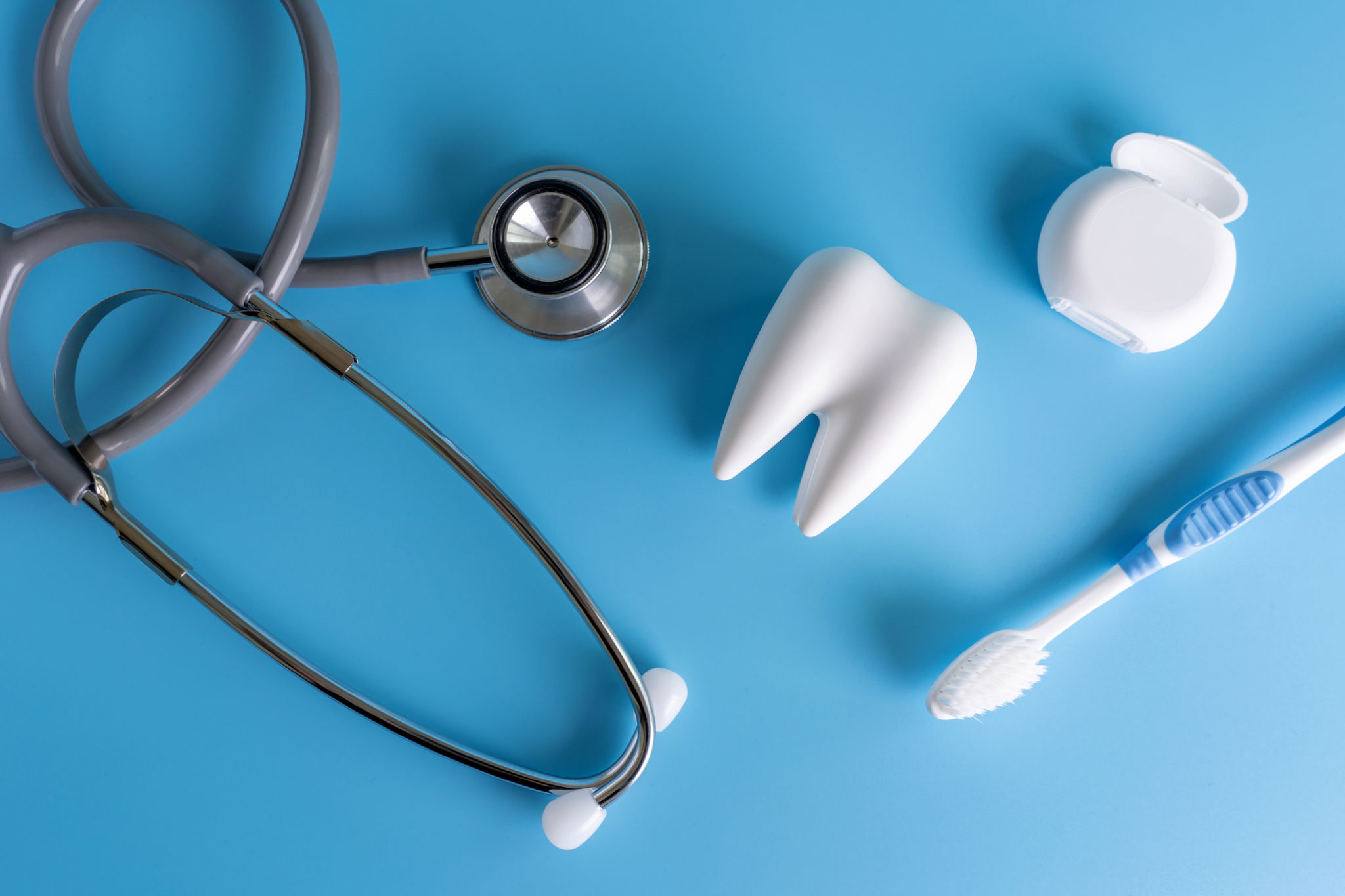Debunking Common Myths About Dental Equipment Maintenance
Understanding the Importance of Dental Equipment Maintenance
Maintaining dental equipment is crucial for ensuring the longevity and performance of the tools that healthcare professionals rely on daily. Despite its importance, there are numerous myths surrounding the maintenance of these critical devices. In this blog post, we'll debunk some common misconceptions and provide clarity on how proper maintenance can enhance efficiency and safety in dental practices.

Myth 1: New Equipment Doesn't Need Maintenance
One of the most pervasive myths is that new dental equipment doesn't require maintenance. Many believe that since the equipment is new, it is built to last without intervention. However, like any other machinery, even new dental tools need regular maintenance to function optimally. Routine checks and cleaning can prevent early wear and tear, ensuring that the equipment remains in excellent condition for a longer period.
In fact, many manufacturers recommend specific maintenance schedules for new equipment to ensure they perform at their best. Ignoring these guidelines might lead to unexpected failures or costly repairs down the line.
Myth 2: Sterilization Is Enough
Another common misconception is that sterilization alone is sufficient for dental equipment maintenance. While sterilization is essential for preventing infections and ensuring patient safety, it doesn't address all maintenance needs. Sterilization processes often focus on disinfection and do not cover aspects like lubrication, calibration, or mechanical checks that are vital for keeping equipment in top working order.

Regular maintenance involves a comprehensive approach that includes cleaning, inspection, and functional testing. This holistic process ensures that all components of the equipment are working correctly and safely.
Myth 3: Maintenance Is Only Necessary When There's a Problem
Many dental practices operate under the assumption that maintenance should only be performed when there's an apparent issue with the equipment. This reactive approach can lead to more significant problems and increased expenses over time. Proactive maintenance helps in identifying potential issues before they escalate into major malfunctions.
- Regular inspections can identify wear and tear early.
- Preventive maintenance can reduce downtime and improve efficiency.
- Timely servicing extends the lifespan of dental tools.

Myth 4: Any Staff Member Can Perform Maintenance
It's a common belief that any staff member can handle dental equipment maintenance. However, proper maintenance requires specialized knowledge and skills. Professional technicians are trained to understand the intricate workings of dental equipment and can perform thorough inspections and repairs.
Engaging trained professionals ensures that maintenance procedures are conducted correctly, thereby minimizing risks associated with improper handling or servicing. It also provides peace of mind knowing that the equipment is in capable hands.
The Benefits of Regular Maintenance
The benefits of regular dental equipment maintenance are numerous. Not only does it help in avoiding unexpected breakdowns and costly repairs, but it also enhances the quality of care provided to patients. Well-maintained equipment leads to smoother operations, increased reliability, and better patient outcomes.
By debunking these myths, dental practices can adopt a more proactive approach toward equipment maintenance, ensuring safety, efficiency, and longevity of their valuable tools. Prioritizing regular upkeep will undoubtedly lead to a more successful and effective practice.
